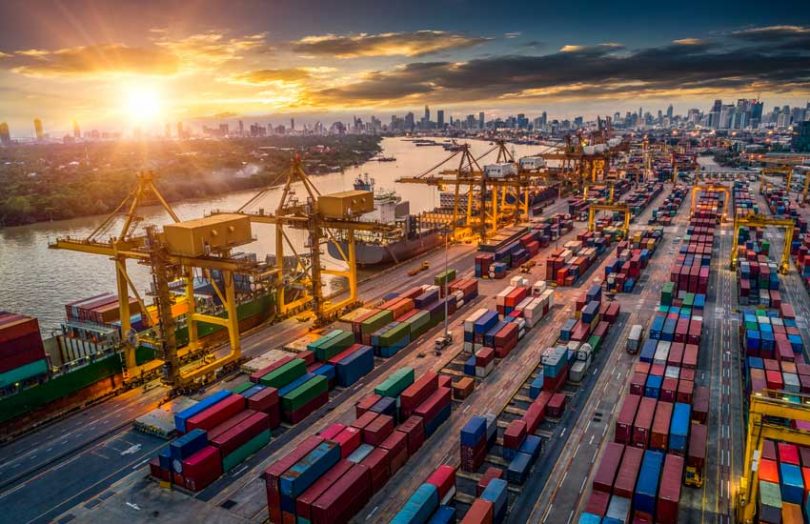Yesterday, Slovenia-based blockchain firm CargoX announced it is starting to digitalize bills of lading and other trade documents for Indian port operations via the country’s Port Community System.
Because of COVID-19 there’s a major push to digitalize documentation, especially for trade. Two months ago, the International Chamber of Commerce urged governments to remove any legal prohibitions on electronic trade documents.
Gopal Krishna, the Indian Secretary of the Ministry of Shipping highlighted the problems in an April letter. “At present the inability of service providers such as courier agencies, general lockdown restrictions and the requirements of social distancing/isolation are causing severe impediments in issuance, delivery and dispatch of ‘physical format’ based trade documentation. This is directly impacting the release of import containers and cargo at various Ports in India.”
Hence the CargoX solution is part of a digitalization drive for all trade documents.
The Port Community System (PCS) is the centralized digital data portal of the Indian Ports Association for exchanging data between stakeholders such as shipping lines, freight companies, and others. The platform was developed by Portall Infosystems and is currently fully in action at 13 major Indian ports out of a total of 200. The 12 largest ports handle 60% of its cargo traffic.
CargoX partnered with Portall to integrate its platform with PCS.
The company added that the Indian government is exploring electronic bills of lading, electronic delivery orders, certificates of origin, letters of credit, and other trade documentation across all import and export transactions.
Meanwhile, major shipping carrier G2 Ocean simulated a trial of the system in India, following a previous pilot with CargoX.
“The ability to conduct shipment transactions and transfers of ownership without the need for human physical interaction creates a breakthrough case for freight forwarding and logistics, especially when health measures are so important,” Alejandro Gutierre, founder of Forward Together a logistics network which also participated in the test.
CargoX’s solution uses the public Ethereum blockchain.
Among similar initiatives, Israel’s Wave has an electronic bill of lading blockchain and freight forward Panalpina has trialed blockchain bills of lading, as has Pacific International.
The two big blockchain shipping networks are Tradelens from IBM and Maersk and the GSBN.






